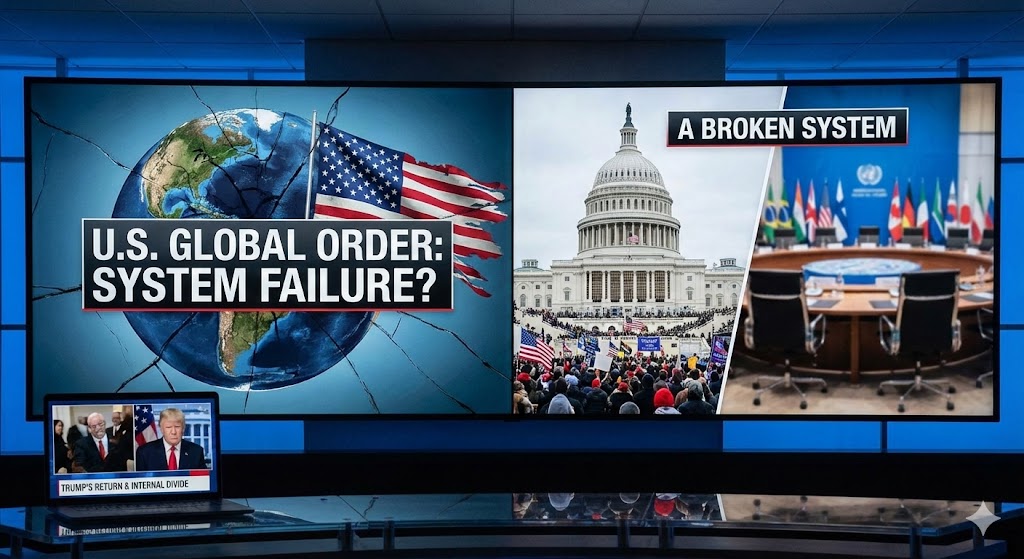Introduction
In a significant diplomatic move, Italian Prime Minister Giorgia Meloni recently met with Chinese President Xi Jinping to discuss the relaunch of bilateral ties between Italy and China. This meeting marks a crucial moment in Italy’s foreign policy, emphasizing the importance of Sino-Italian relations in the broader context of global geopolitics. This article delves into the details of the meeting, the historical context of Italy-China relations, the economic and strategic implications, and the potential outcomes of this renewed partnership.
Historical Context of Italy-China Relations
- Early Diplomatic Engagements:
- Italy was one of the first Western countries to establish diplomatic relations with the People’s Republic of China in 1970.
- The relationship has been characterized by a mix of cooperation and competition, influenced by changing geopolitical and economic dynamics.
- Belt and Road Initiative (BRI):
- In 2019, Italy became the first G7 country to officially join China’s Belt and Road Initiative, signaling a significant shift in its foreign policy.
- The decision was met with mixed reactions, with some viewing it as a strategic move to boost economic ties, while others raised concerns about potential dependencies on China.
The Meeting: Key Highlights
- Agenda and Discussions:
- Prime Minister Meloni and President Xi discussed various aspects of bilateral relations, focusing on economic cooperation, trade, and investment opportunities.
- Key areas of cooperation include infrastructure development, technological innovation, and cultural exchanges.
- Statements and Commitments:
- Both leaders expressed a strong commitment to deepening economic ties and enhancing mutual understanding.
- Meloni emphasized the importance of balancing economic cooperation with strategic autonomy, ensuring that Italy’s engagement with China aligns with its national interests and broader European policies.
Economic Implications
- Trade and Investment:
- The relaunch of ties aims to boost bilateral trade, with a focus on increasing Italian exports to China and attracting Chinese investments in Italy.
- Sectors such as luxury goods, manufacturing, and technology are likely to benefit from enhanced economic cooperation.
- Infrastructure Projects:
- Italy’s participation in the Belt and Road Initiative opens up opportunities for collaboration on infrastructure projects, including ports, railways, and digital infrastructure.
- These projects are expected to improve connectivity and logistics, facilitating smoother trade flows between Europe and Asia.
- Challenges and Opportunities:
- While economic cooperation presents significant opportunities, challenges such as trade imbalances, market access barriers, and concerns over intellectual property protection remain.
- Addressing these challenges will require continuous dialogue and the implementation of effective regulatory frameworks.

Strategic Implications
- Geopolitical Considerations:
- Italy’s engagement with China must be viewed within the broader context of its strategic alliances, particularly with the European Union and NATO.
- Balancing relations with China while maintaining strong ties with Western allies is crucial for Italy’s foreign policy strategy.
- European Union Dynamics:
- Italy’s approach to China has implications for EU-China relations, particularly in terms of trade policies, investment screening, and strategic autonomy.
- Coordinated efforts within the EU framework will be essential to address shared concerns and leverage collective bargaining power in dealings with China.
- Global Impact:
- The Italy-China partnership could influence global supply chains, trade patterns, and investment flows, impacting other countries and regions.
- As both countries navigate their bilateral relations, the global community will closely watch the outcomes and implications of their cooperation.
Potential Outcomes and Future Prospects
- Strengthened Economic Ties:
- Successful implementation of agreed-upon initiatives could lead to a significant boost in bilateral trade and investment, benefiting both economies.
- Enhanced connectivity through infrastructure projects will improve trade efficiency and foster greater economic integration.
- Strategic Autonomy:
- Italy aims to maintain strategic autonomy by balancing its economic interests with China against its commitments to European and transatlantic partners.
- Ensuring that economic cooperation does not compromise national security or strategic interests will be a key priority.
- Multilateral Engagement:
- Italy’s engagement with China could serve as a model for other European countries seeking to balance economic cooperation with strategic considerations.
- Multilateral frameworks, such as the EU-China Comprehensive Agreement on Investment, will play a crucial role in shaping the future of Sino-European relations.
Conclusion
The meeting between Prime Minister Giorgia Meloni and President Xi Jinping marks a pivotal moment in Italy-China relations, with both leaders expressing a commitment to relaunch and strengthen bilateral ties. As Italy navigates the complexities of its engagement with China, balancing economic cooperation with strategic autonomy will be paramount. The outcomes of this renewed partnership will not only shape the future of Italy-China relations but also influence broader geopolitical dynamics in Europe and beyond. With careful management and strategic foresight, the relaunch of ties between Italy and China holds the potential to deliver significant economic and strategic benefits for both nations.









